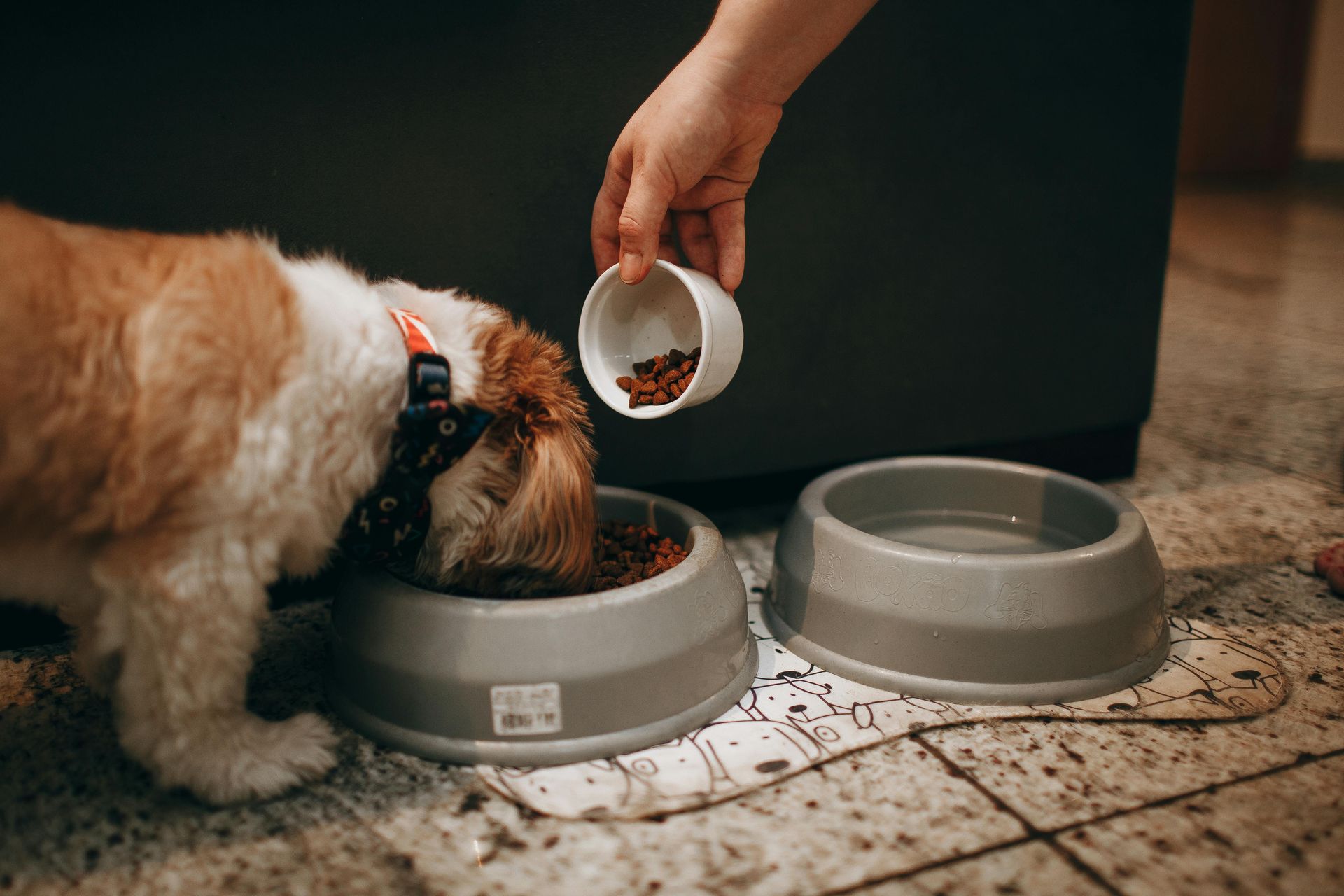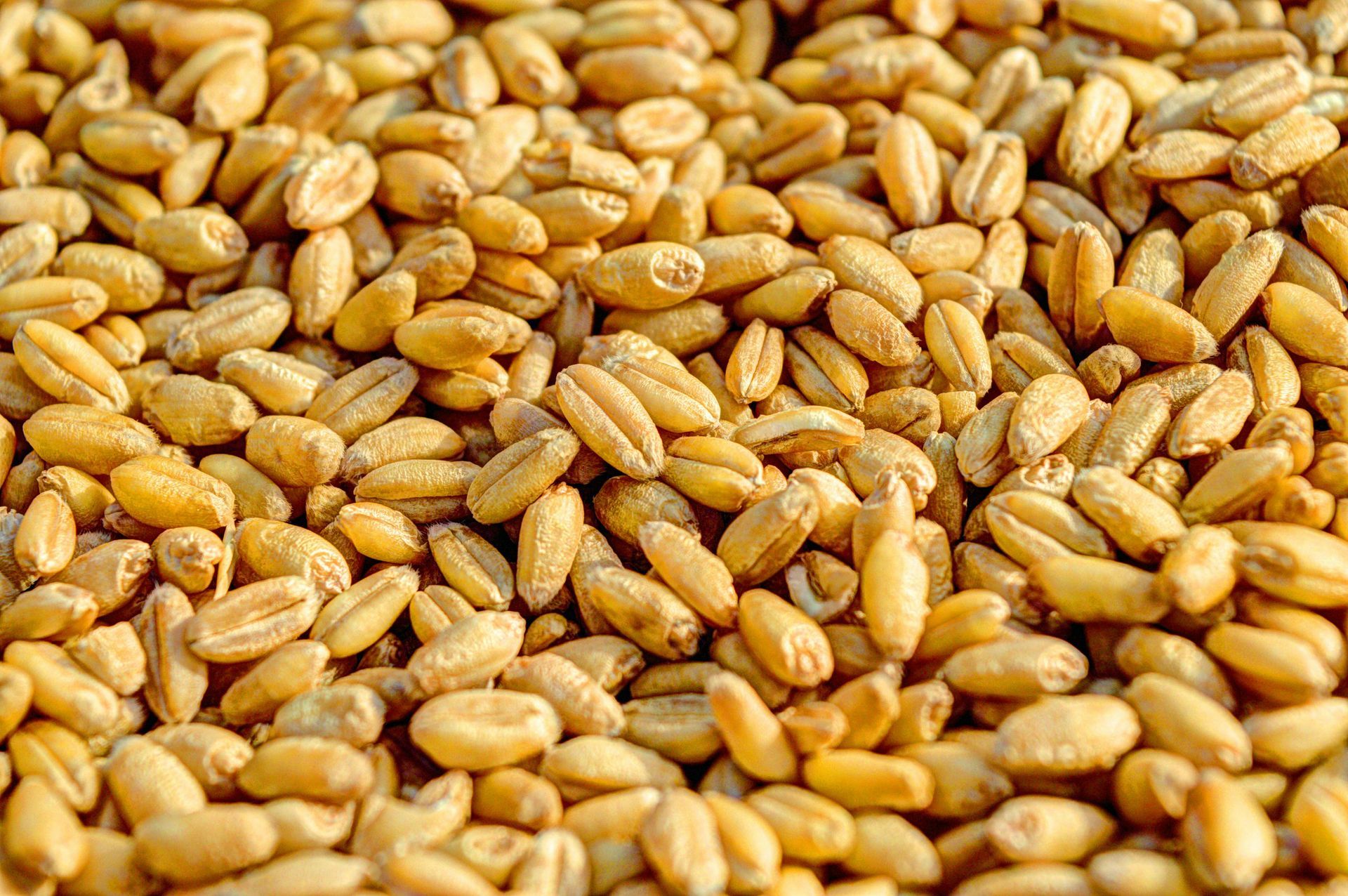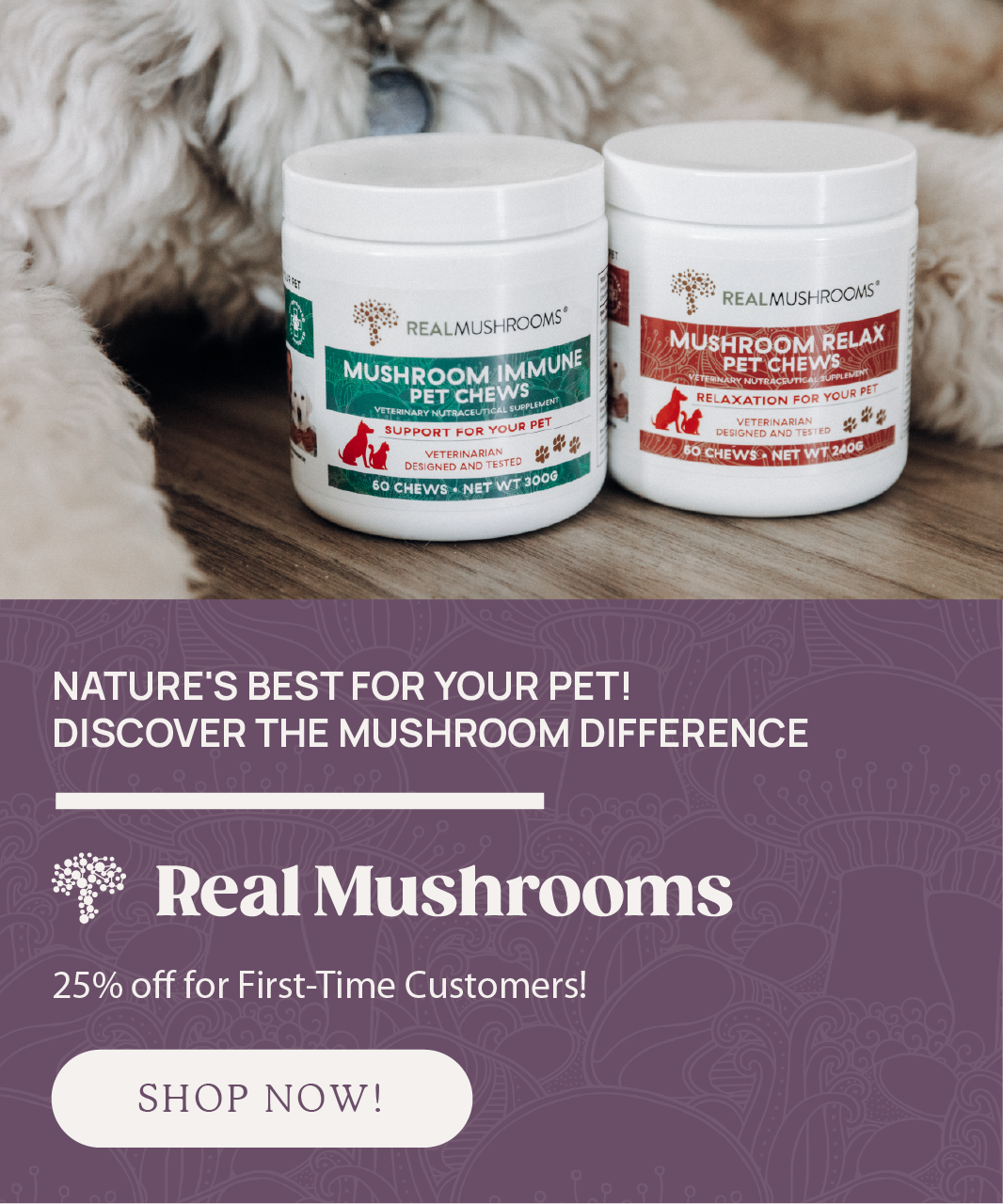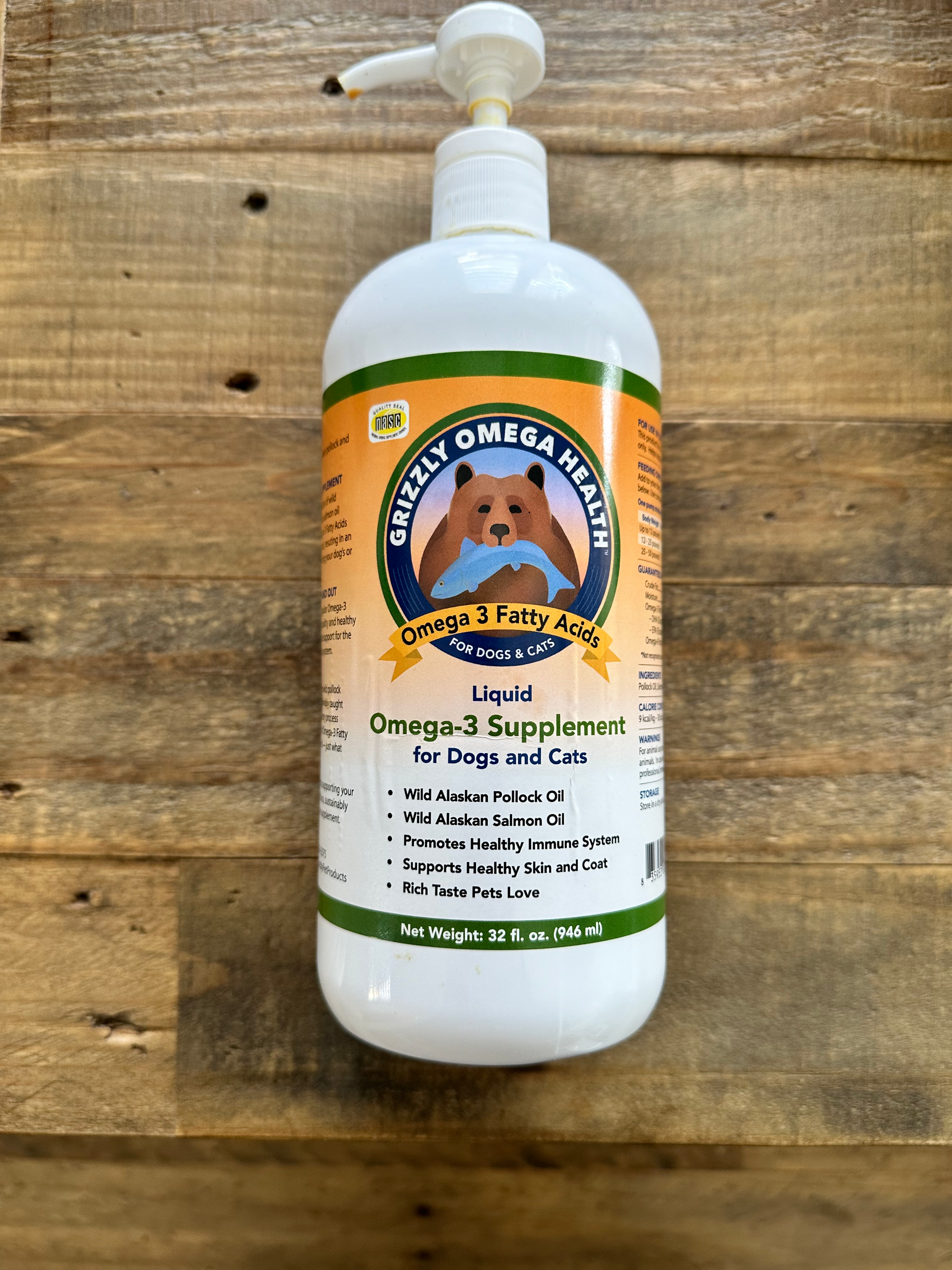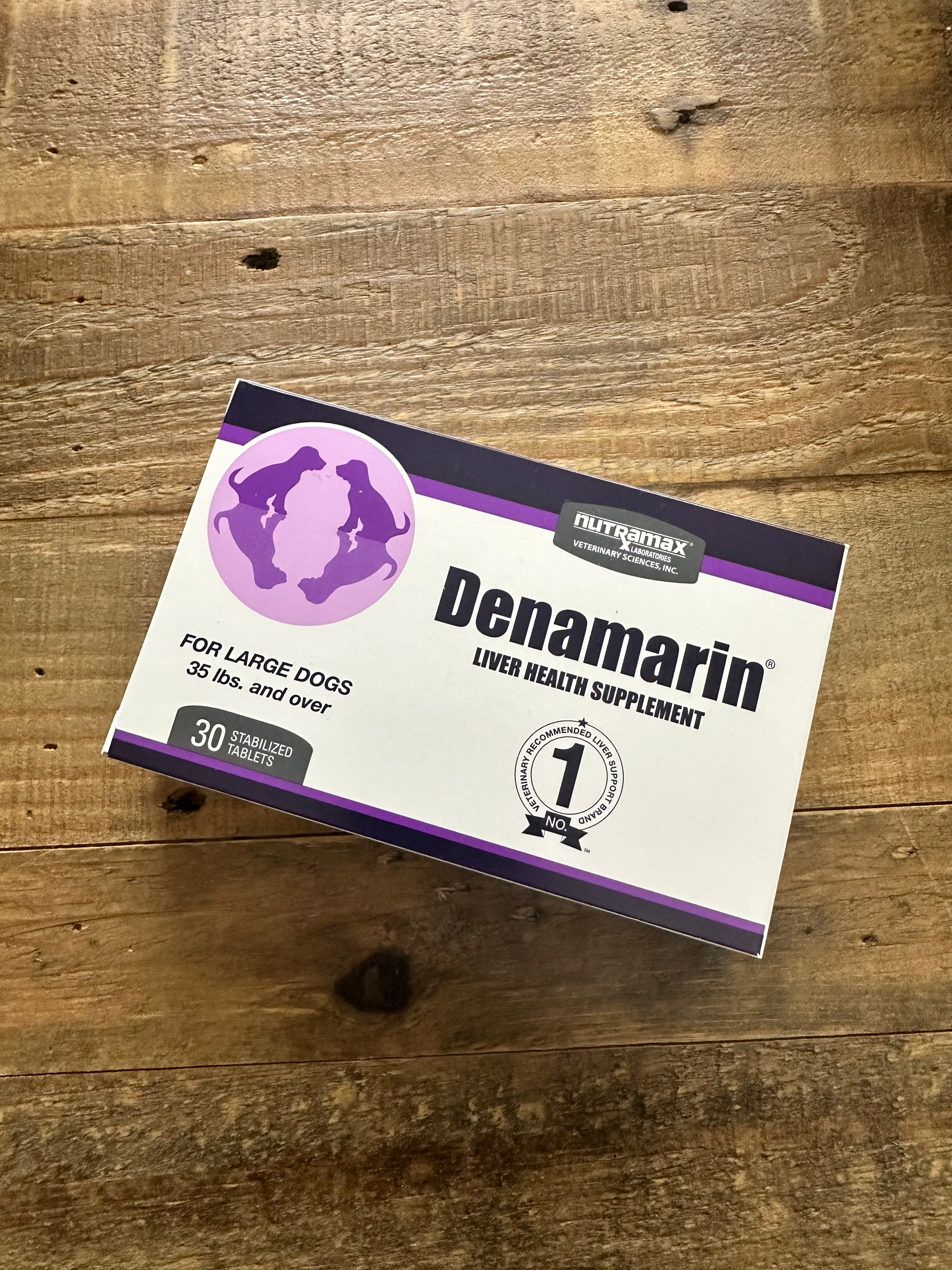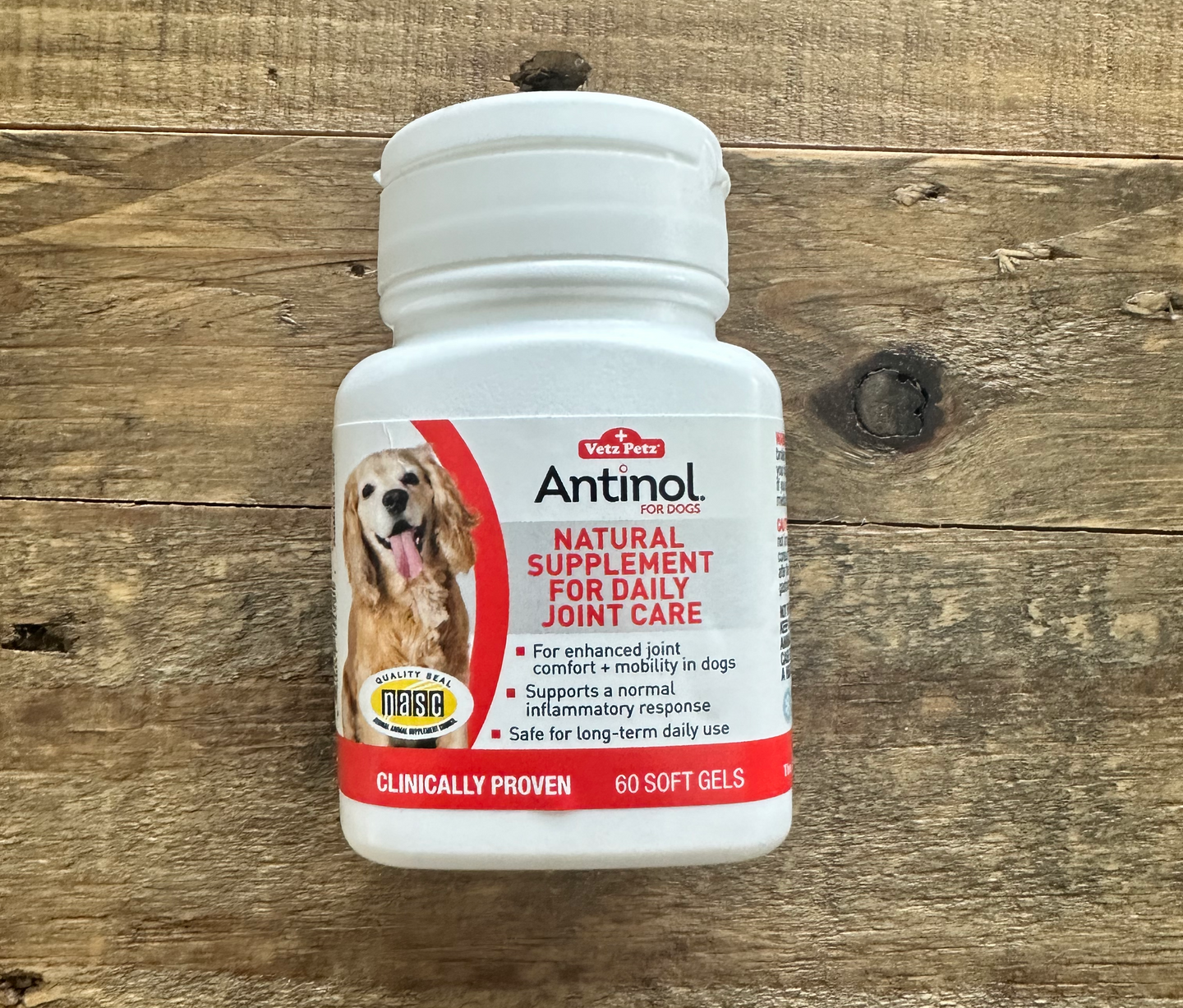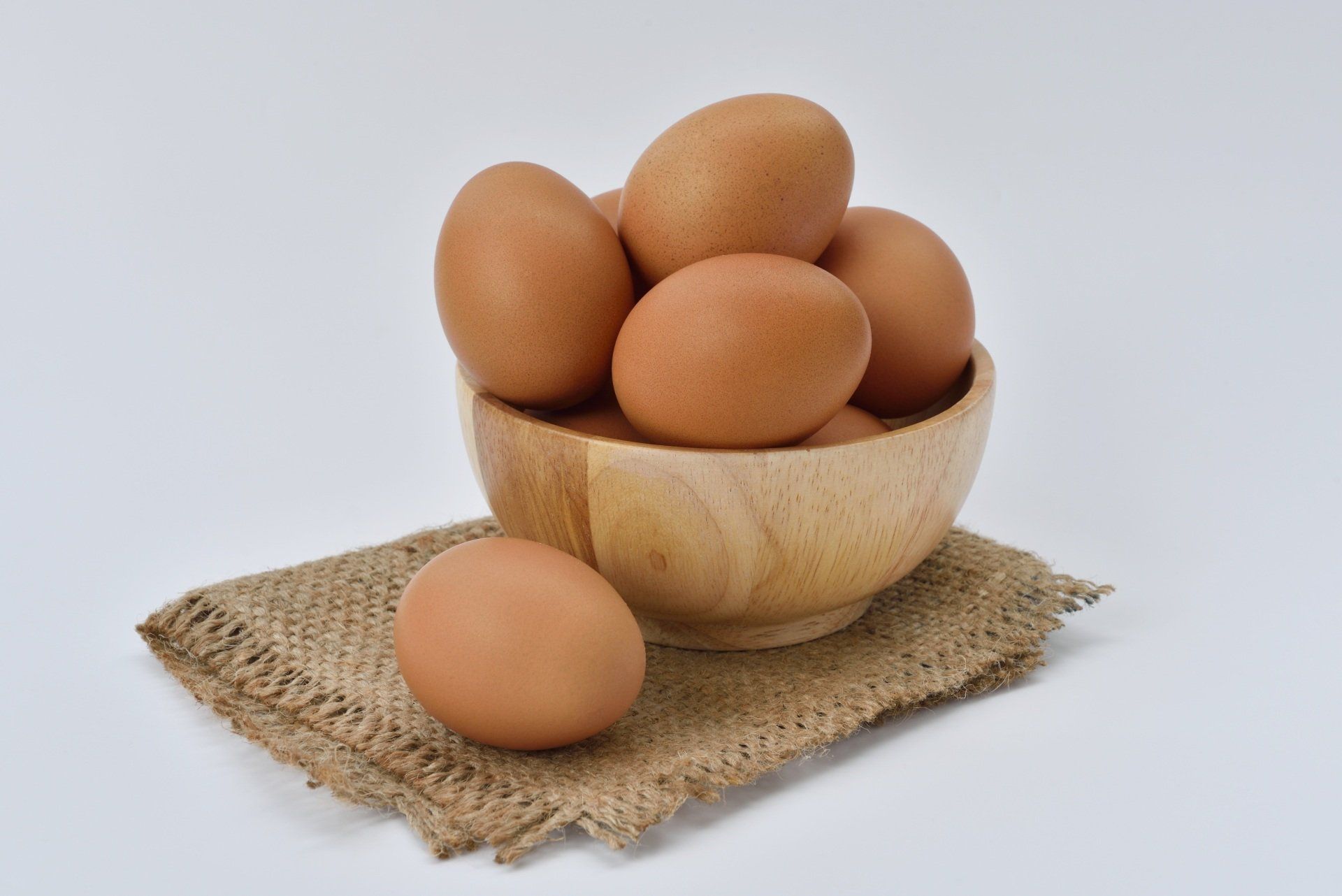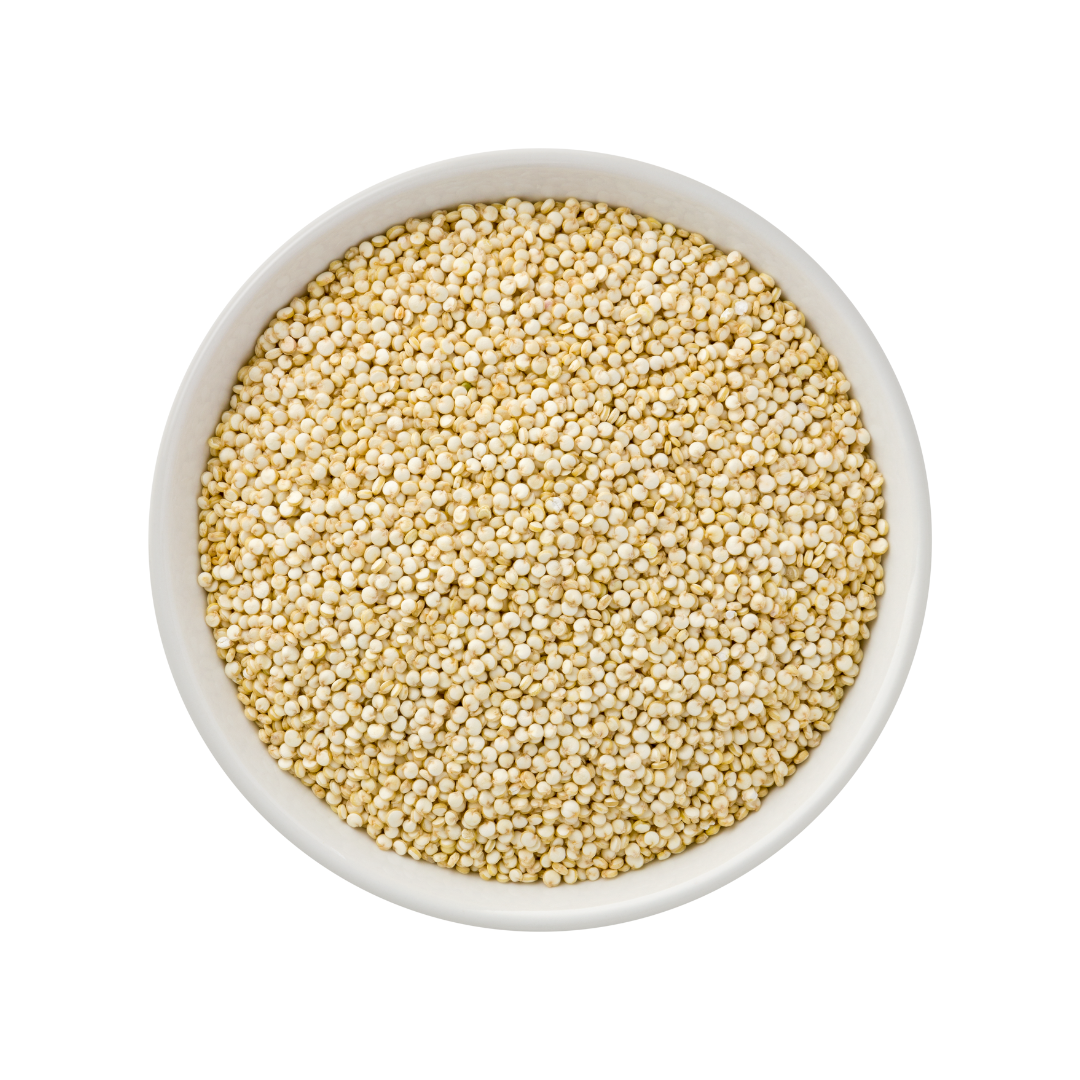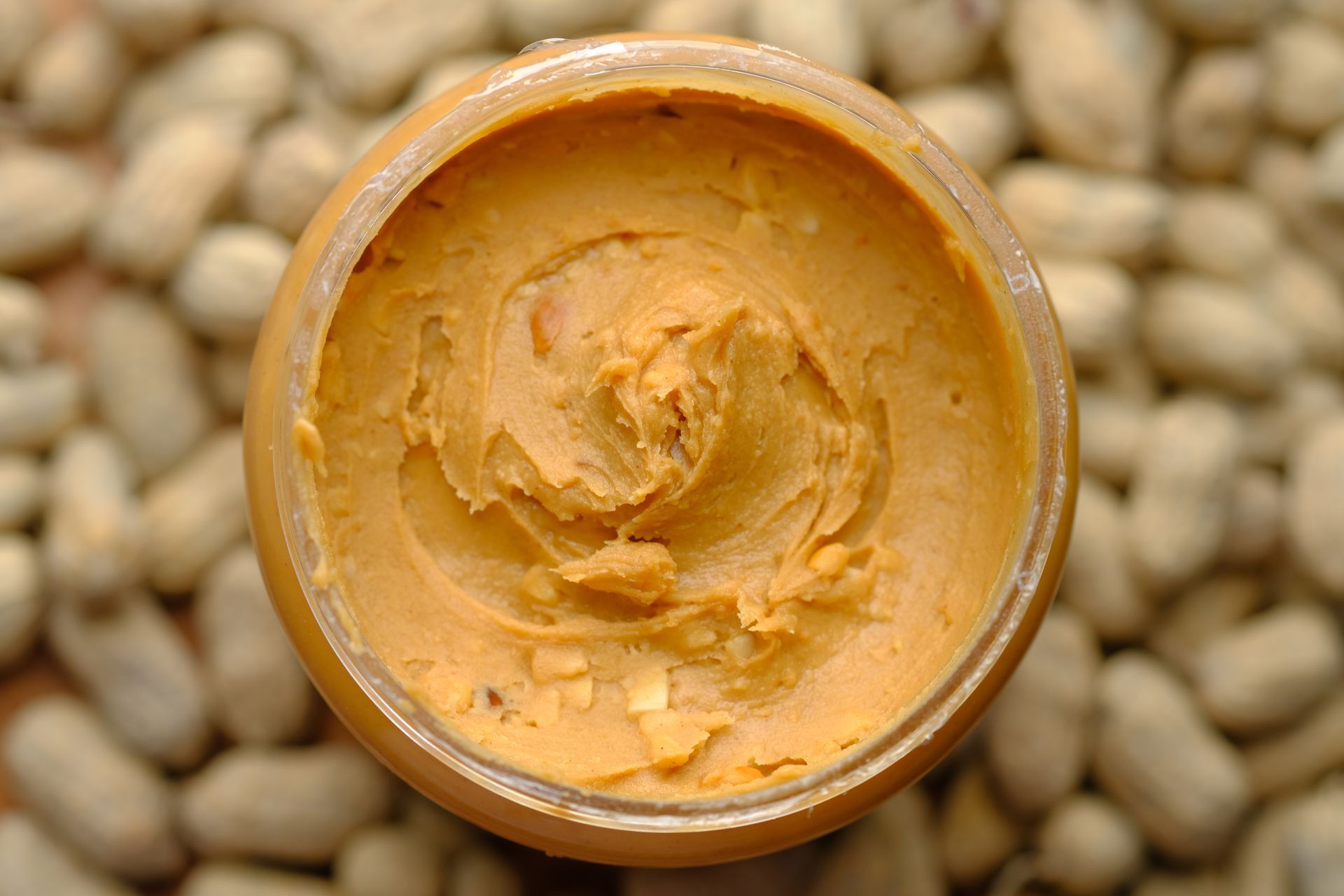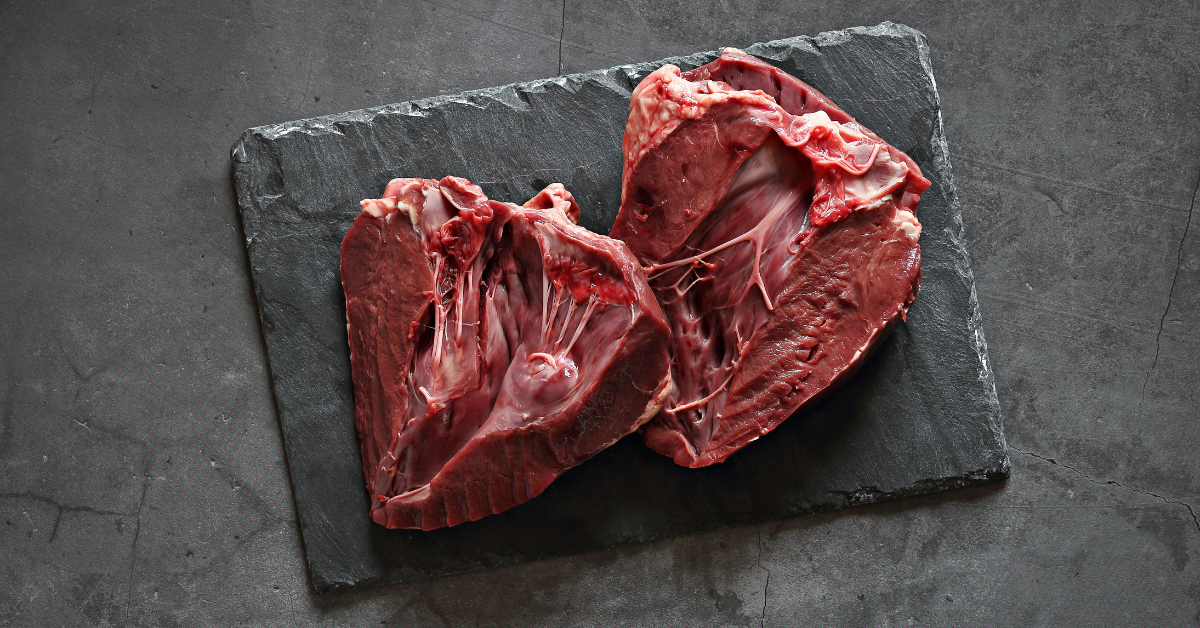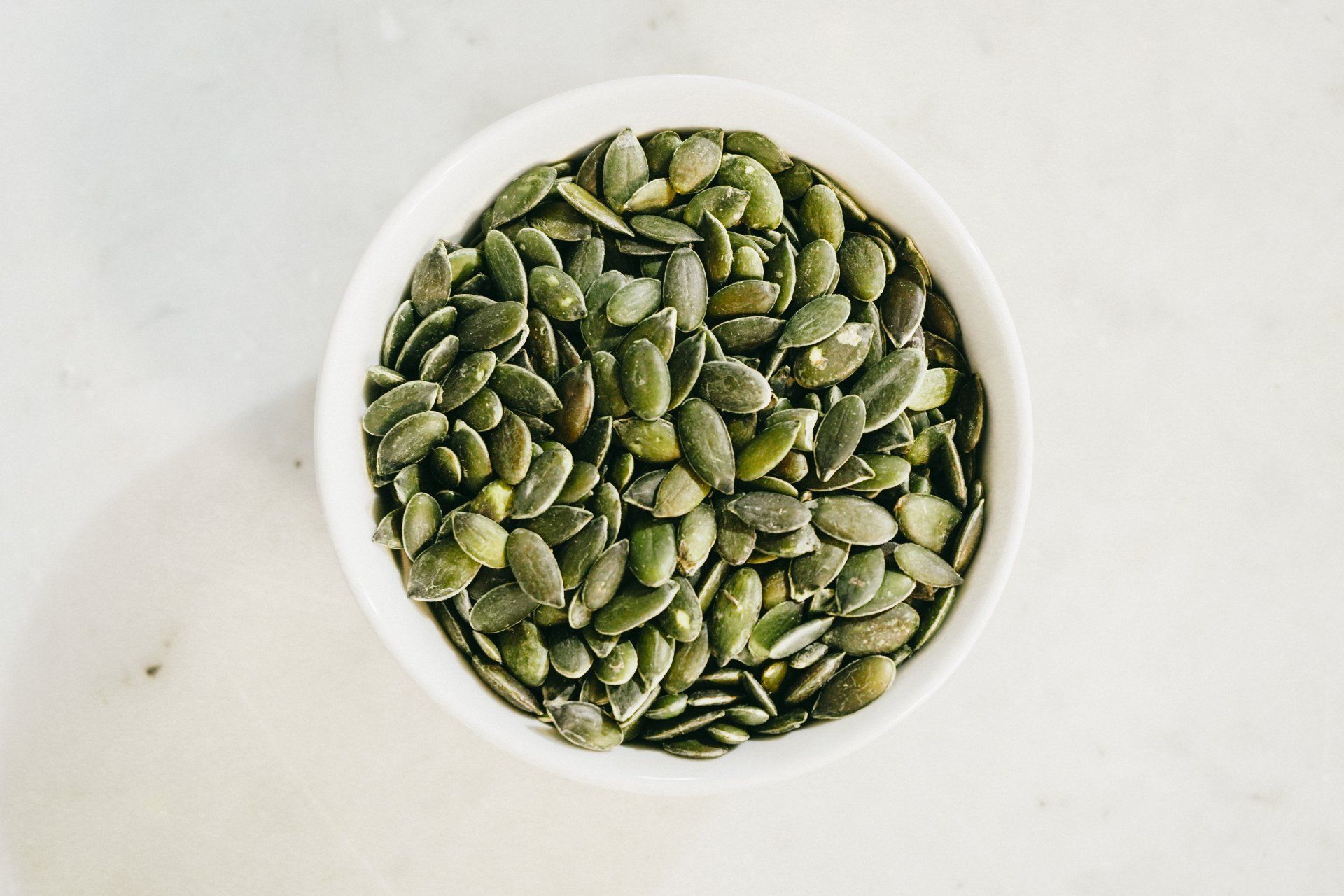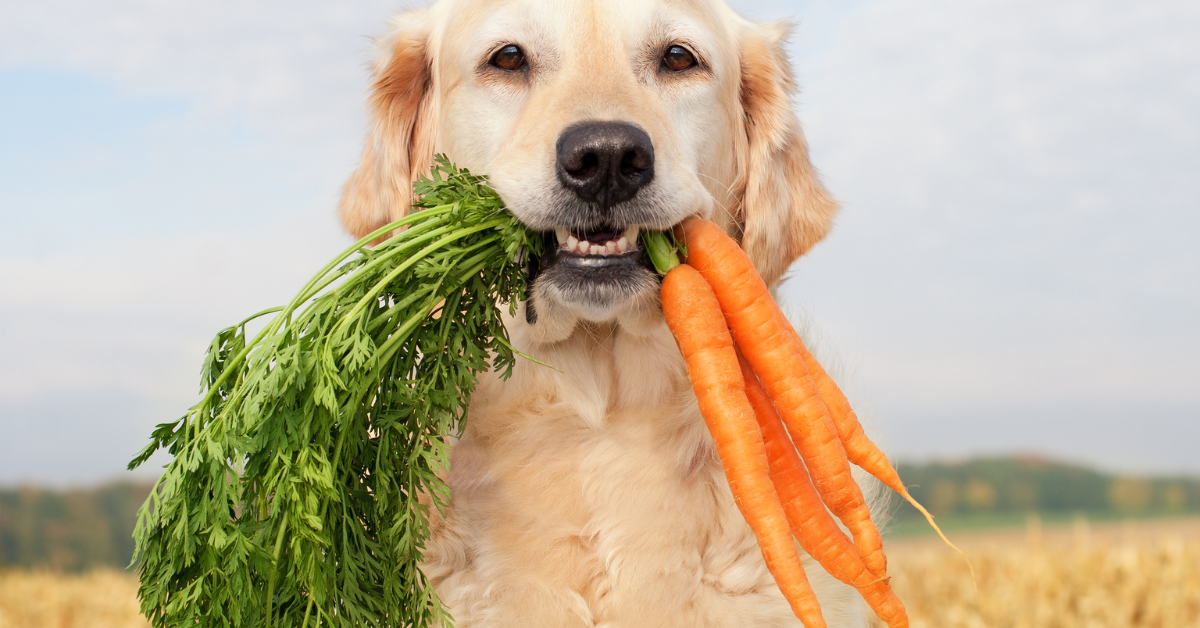Preparing homemade dog food is gaining popularity among pet owners who want to have full control over their dog’s ingredients and ensure the highest quality. One crucial component of a balanced homemade diet is organ meats. Although some may find them less appealing than muscle meats, organ meats are nutritional powerhouses packed with essential vitamins, minerals, and healthy fats.
Let's delve into the world of organ meats, their benefits, and vital considerations when incorporating them into your dog's diet.
Secreting vs. Non-Secreting Organs: What's the Difference?
Organ meats fall into two main categories:
- Secreting organs: These organs filter toxins and waste from the body. Examples include the liver, kidneys, spleen, and pancreas.
- Non-secreting organs: These organs don't filter waste products. Examples include the heart, lungs, brain, and testicles.
Why the Difference Matters
While both types of organ meats offer exceptional nutritional value, the primary difference lies in their safe consumption levels. Secreting organs, particularly the liver, can contain high levels of certain vitamins and minerals. Overconsumption might lead to nutrient imbalances or even toxicity. Non-secreting organs are generally less concentrated in nutrients and can be fed more liberally.
A Word of Caution: Moderation is Key
Regardless of the type, organ meats should constitute a small yet vital portion of your dog’s diet. Neither secreting nor non-secreting organs should make up more than 5% of your dog's total food intake to avoid the consequences of excess nutrition.
Variety is Key
Just like humans, dogs benefit from a diverse diet. This principle applies to organ meats as well:
- Different animal sources: Beef liver, chicken liver, lamb liver, etc., offer unique nutrient profiles. Rotating protein sources provides a wider range of nutrients for your dog.
- Variety within organs: Feeding a mix of secreting and non-secreting organs ensures your dog receives a well-balanced array of nutrients without risking excess of certain vitamins or minerals.
Where to Buy Organ Meats
- Local butcher shops: Butchers are fantastic sources for common organ meats like beef/chicken liver, heart, and kidneys.
- Online raw feeding stores: These often carry a wider variety of organ meats for dogs, including less common options like green tripe and lamb brain. If purchasing grinds, double-check the ingredients to ensure they don't contain bone.
- Single-ingredient treats: Air-dried or freeze-dried treats provide a convenient and mess-free way to incorporate organ meats, especially for those hesitant to handle raw organs.
The Importance of Quality Sourcing
- Organic: Choosing organic organ meats minimizes potential exposure to pesticides, herbicides, and antibiotics.
- Pasture-raised whenever possible: Pasture-raised animals generally have healthier, more nutrient-dense organs due to their natural diet and lifestyle.
Benefits of Organ Meats
Adding the right amount of organ meats to your dog’s homemade diet reaps several rewards:
- Vitamin and mineral boost: Secreting organs are especially rich in vitamins A, D, E, K, the B vitamins, iron, copper, zinc, and more.
- Source of healthy fats: Organ meats provide essential fatty acids crucial for a healthy coat and skin.
- Great for picky eaters: The strong smell and taste of organ meats can entice even fussy dogs.
A Note on Commercial Dog Food
Commercially produced dog food, whether kibble or fresh food, is formulated to meet all a dog's nutritional requirements, as verified by rigorous testing and approval by the Association of American Feed Control Officials (AAFCO). Therefore, adding organ meats to a dog fed a complete and balanced commercial diet is generally unnecessary and could lead to excessive vitamin or mineral intake. It's important to remember that freeze-dried liver treats, for example, are often marketed heavily as healthy snacks, but they are still concentrated sources of nutrients.
Knowledge is Power
While these treats may be enticing and convenient, dog owners who feed their pet a commercially balanced diet should be aware of the potential consequences of exceeding the recommended daily intake of certain nutrients, even if those nutrients come from seemingly healthy sources like freeze-dried liver treats. Consulting with a veterinarian or qualified canine nutritionist is crucial before making significant changes to your dog's diet, including adding organ meats or other supplements. They can help you determine if your dog would benefit from additional organ meats and guide you on safe and appropriate quantities based on your dog's individual needs and current diet.



